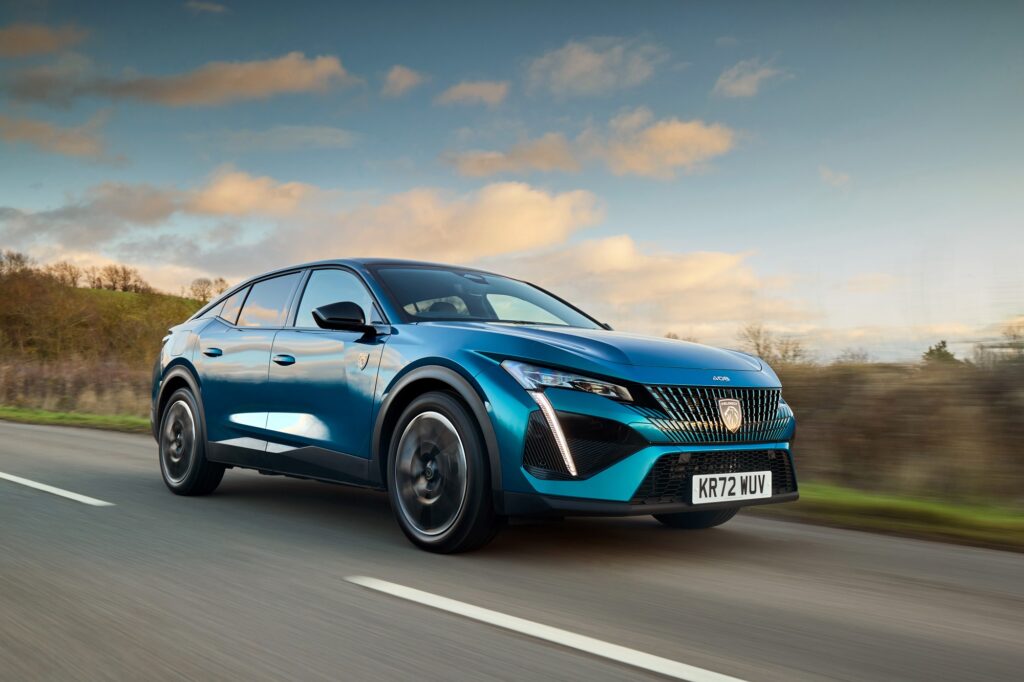German new-car market maintains momentum in March
11 April 2023

The German new-car market recorded 281,361 registrations in March, marking a year-on-year increase of 16.6%. While the country suffered a slow start to 2023, it picked up speed in February and managed to maintain this momentum last month.
The latest data from the Kraftfahrt-Bundesamt (KBA) reveals Germany saw 666,818 registrations between January and March, making a 6.5% gain on the same period in 2022. However, this is still makes for a significant drop on the 880,092 units recorded in the first quarter of pre-COVID 2019.
According to the association of international motor vehicle manufacturers (VDIK), last month’s growth in the passenger-car market was thanks chiefly to commercial registrations. Meanwhile, private registrations appear to have lagged.
The seasonally-adjusted annualised rate (SAAR) shrank slightly from 2.89 million units in February to 2.79 million units last month. Autovista Group’s forecast for 2023 remains at 4.7% growth from last year’s 2.65 million units.
Powertrain percentages
With 103,271 units (up 22.8% year on year), petrol-powered vehicles held the majority share of the market last month at 36.7%. Meanwhile, diesel-powered vehicles captured 17.3% of the new-car market. The fuel type recorded 48,597 registrations, up 7.8% on the same period last year.
Battery-electric vehicles (BEVs) accounted for 15.7% of new-car registrations in March. Recording 44,125 units, the powertrain saw an increase of 28%, compared to the same month last year. At 84,029 units, hybrids took a share of 29.9%, which included 16,776 plug-in hybrids (PHEVs).
The VDIK highlights that in the first quarter of 2023, the number of BEV registered increased 13% year on year to nearly 94,700 units. In contrast, demand for PHEVs dropped off after government incentives came to an end. ‘In the first quarter, their number fell by 45% to around 37,600 units. At 44%, the proportion of newly registered vehicles with an alternative drive is almost the same as in the previous year,’ the association said.
More positive outlook?
The VDIK recognised the speed the German passenger car market managed to maintain in March. But its president, Reinhard Zirpel, cautioned that the volume of registrations in the first few months of 2023 remains well below the long-term average.
He pointed out that the market is still being supported by a large order backlog. This build-up is predicted to support registration figures into the second quarter of the year. However, this is only a temporary effect.
‘In view of weak incoming orders, however, this will not remain the case in the long term,’ Zirpel said. ‘The federal government’s changed funding policy is having a noticeable effect on electric cars. In March, almost three times as many pure electric vehicles as plug-in hybrids were registered.’
The ifo Institute’s latest survey found that German automotive companies’ outlooks improved significantly in March. ‘Both automakers and their suppliers assessed the current situation as better,’ said Oliver Falck, director of the ifo Centre for Industrial Organisation and New Technologies. ‘The suppliers’ business situation is actually better than the automakers’ – which has been rare in the last two years.’
Carmakers seem satisfied with the current order backlog, and due to subdued demand, there are no plans to ramp up production as heavily as in February. ‘Subsidy options expired at the end of last year, so pull-forward effects in car purchases may reduce demand,’ Falck said. However, demand dropped less last month than in February.
The rate of inflation in Germany is expected to reach 7.4% in March, up 0.8% on the previous month. Since the beginning of the war in Ukraine, the cost of energy increased dramatically. However, this effect appears to be easing as power prices only increased 3.5% last month compared to March 2022. By comparison, energy prices in February swelled 19.1% year on year.



